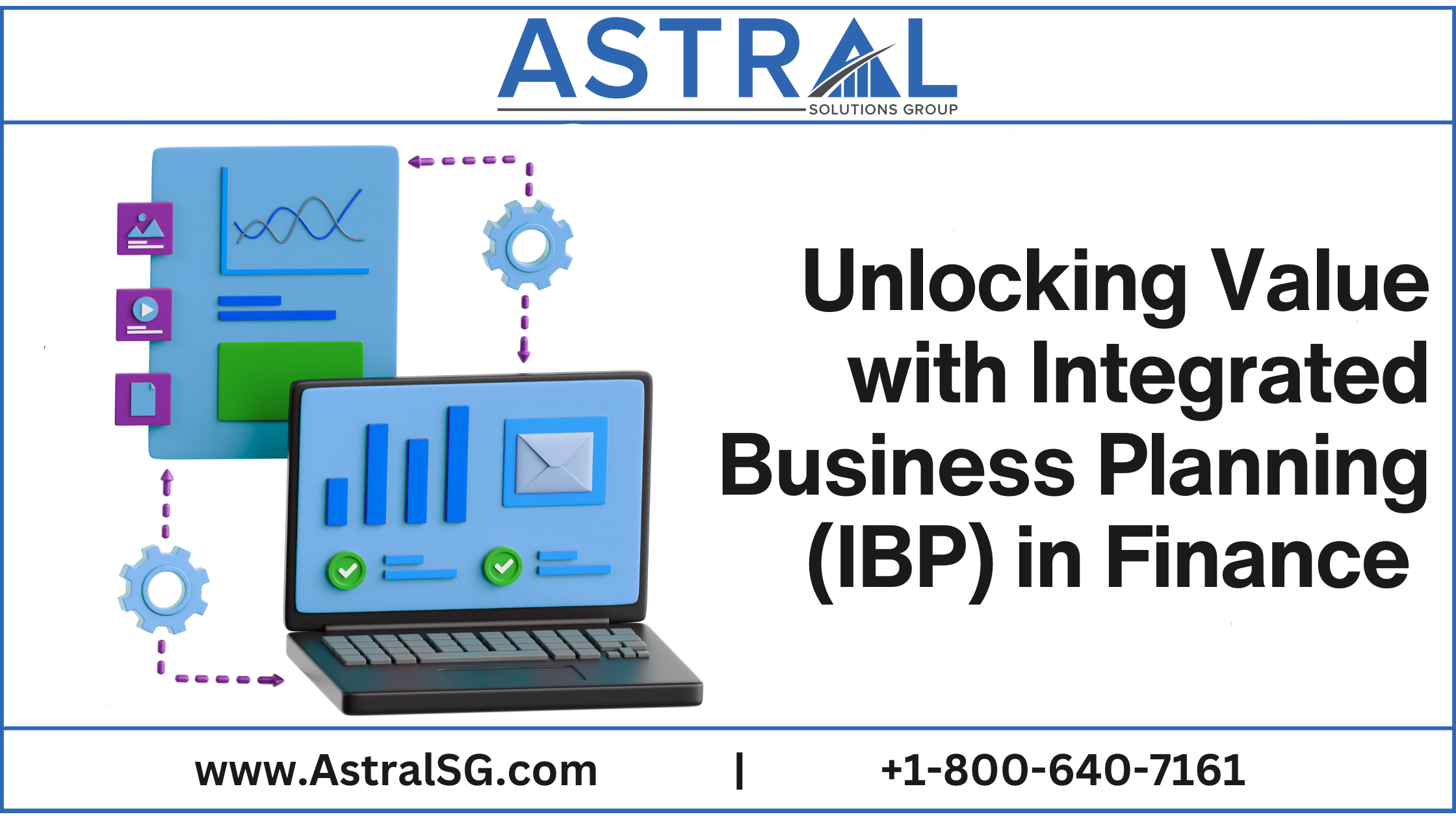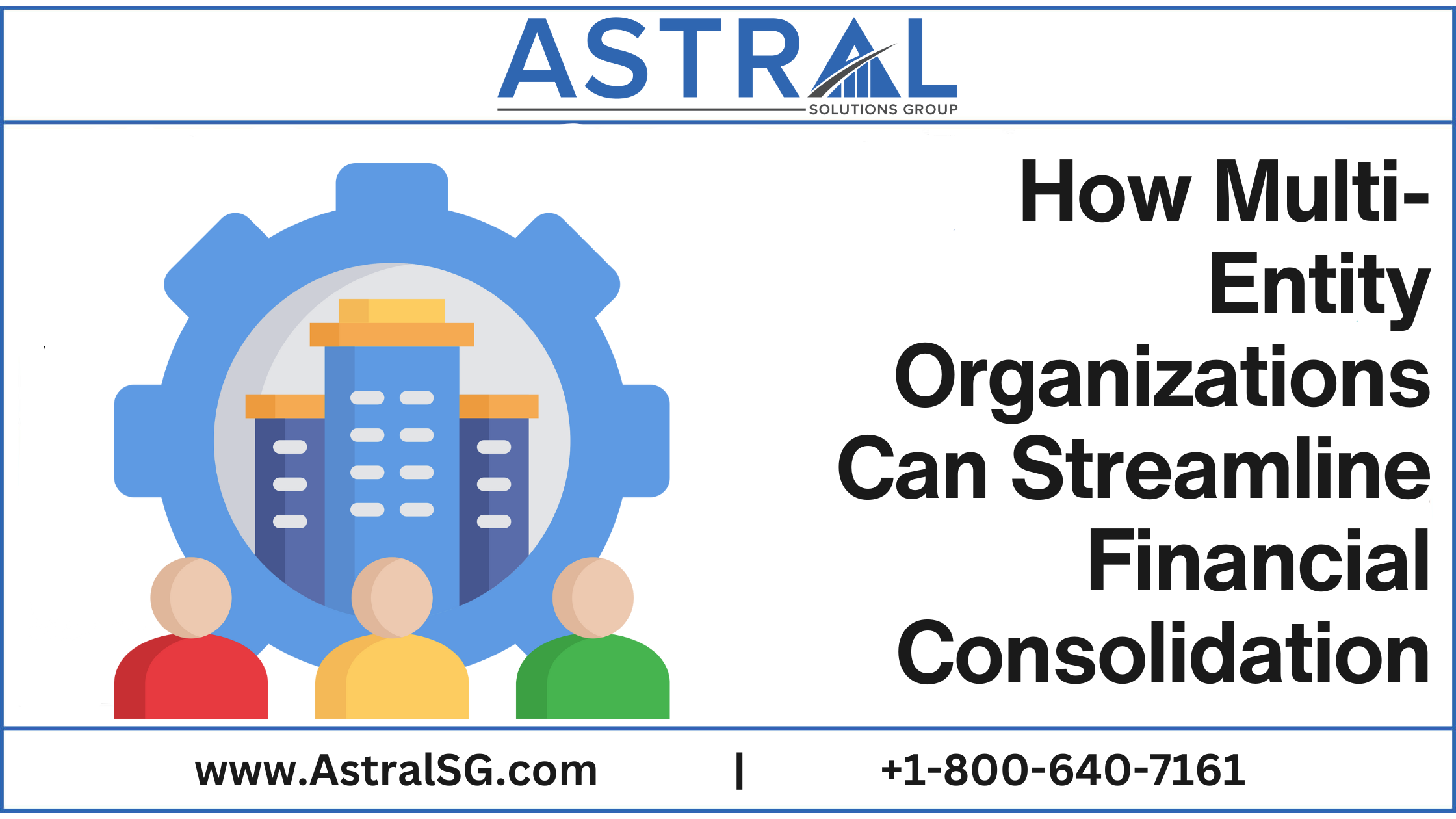Best practices for streamlining and consolidating the close and consolidation process.

The smart close process is a modern approach to financial close that leverages automation, analytics, and collaboration to improve efficiency, accuracy, and visibility. It is a critical part of any company’s financial reporting process, and it can help businesses to make faster and more informed decisions.
However, the smart close process can be complex and challenging to implement, especially for large companies with multiple systems and processes. This is where best practices come in.
By following the best practices outlined in this blog post, companies can streamline and consolidate their close process to achieve the following benefits:
• Reduced time and cost: A streamlined smart close process can save companies significant time and money by eliminating manual tasks and automating repetitive processes.
• Improved accuracy and compliance: By automating reconciliations and other critical tasks, companies can reduce the risk of errors and improve compliance with financial reporting standards.
• Increased visibility and control: A consolidated smart close process provides companies with a single view of their financial data, making it easier to identify trends and make informed decisions.
There are some best practices companies can follow when it comes to streamlining and consolidating, which helps make things easier.
Streamlining:
1. Set clear expectations and timelines
The first step to streamlining the smart close process is to set clear expectations and timelines for all stakeholders. This includes defining the roles and responsibilities of each team member, as well as establishing due dates for each task.
It is also important to communicate these expectations and timelines to all stakeholders in advance, so that everyone is on the same page.
2. Standardize processes and procedures
Another key to streamlining the smart close process is to standardize processes and procedures. This means developing clear and concise instructions for each task, and ensuring that all team members are following the same steps.
Standardization can help to eliminate errors and improve efficiency. It can also make it easier to train new team members and troubleshoot problems.
3. Automate as much as possible
Automation is one of the best ways to streamline the smart close process. Many of the tasks involved in the smart close process, such as data load, intercompany transactions reconciliations and journal entry preparation, can be automated using software solutions.
Automating these tasks can free up team members to focus on more strategic and value-added activities.
4. Implement a centralized close management system
A centralized close management system can provide companies with a single view of their smart close process. This can help to improve visibility and control, and make it easier to identify and address bottlenecks.
Centralized close management systems can also help to improve communication and collaboration between team members.
5. Adopt a mindset of continuous improvement
The smart close process is not a one-time project. It is important to continuously review and improve the process to ensure that it is meeting the needs of the business.
This can be done by regularly monitoring performance metrics, such as close time and close quality. It is also important to solicit feedback from team members and other stakeholders.
Close and Consolidating
1. Identify and map all of the current close processes
The first step to consolidating the smart close process is to identify and map all of the current close processes. This will help to identify any duplicate or redundant processes.
Once all of the current close processes have been identified and mapped, they can be assessed to determine which processes can be consolidated and which processes need to be maintained.
2. Develop a consolidated smart close process
Once the current close processes have been assessed, a consolidated smart close process can be developed. This process should be designed to be as efficient and effective as possible.
It is important to involve all stakeholders in the development of the consolidated smart close process, to ensure that it meets the needs of the business.
3. Implement the consolidated smart close process
Once the consolidated smart close process has been developed, it needs to be implemented and tested. It is important to train all team members on the new process and to monitor its performance to ensure that it is meeting expectations.
4. Monitor and improve the consolidated smart close process
The consolidated smart close process should be monitored and improved on a continuous basis. This can be done by regularly monitoring performance metrics, such as close time and close quality. It is also important to solicit feedback from team members and other stakeholders.
By following the best practices outlined in this blog post, companies can streamline and consolidate their close process to achieve significant benefits, including reduced time and cost, improved accuracy and compliance, and increased visibility and control.
Key takeaways:
• Set clear expectations and timelines.
• Standardize processes and procedures.
• Automate as much as possible.
• Implement a centralized close management system.
• Adopt a mindset of continuous improvement.
Specifically:
• Identify and eliminate bottlenecks.
• Automate or streamline tasks.
• Implement a centralized close management system.
• Continuously monitor and improve the process.
Additional tips:
• Use data analytics to identify trends and areas for improvement.
• Involve all stakeholders in the streamlining process.
• Communicate the new process and provide training.
• Monitor the new process and make adjustments as needed.
Organizations can streamline their financial closing procedures, lower costs, and boost productivity by adopting Leading EPM/CPM Solutions.
Contact us and we would love to share our experience with Close and Consolidation Solutions. Please email at info@astralsg.com to learn more about our experience and services.
Astral Solutions Group is a Trusted and Leading OneStream implementation Partner and Oracle Hyperion EPM On-Premises on Oracle EPM cloud consulting company and Oracle Service Partner. Astral Solutions Group is based in Mississauga, Ontario Canada and we provide Consulting Services across Toronto, Brampton, GTA, Ontario, Canada, United States and in North America.




